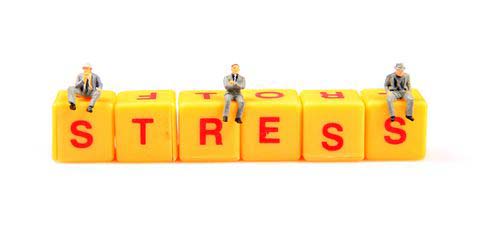
Stress Therapy & Making Difficult Decisions
Stress therapy reveals that major life transitions are often fundamentally linked with the necessity of making difficult decisions. Often, /a-midlife-transition such as Jungian analysis can be of tremendous help in the decision process.




